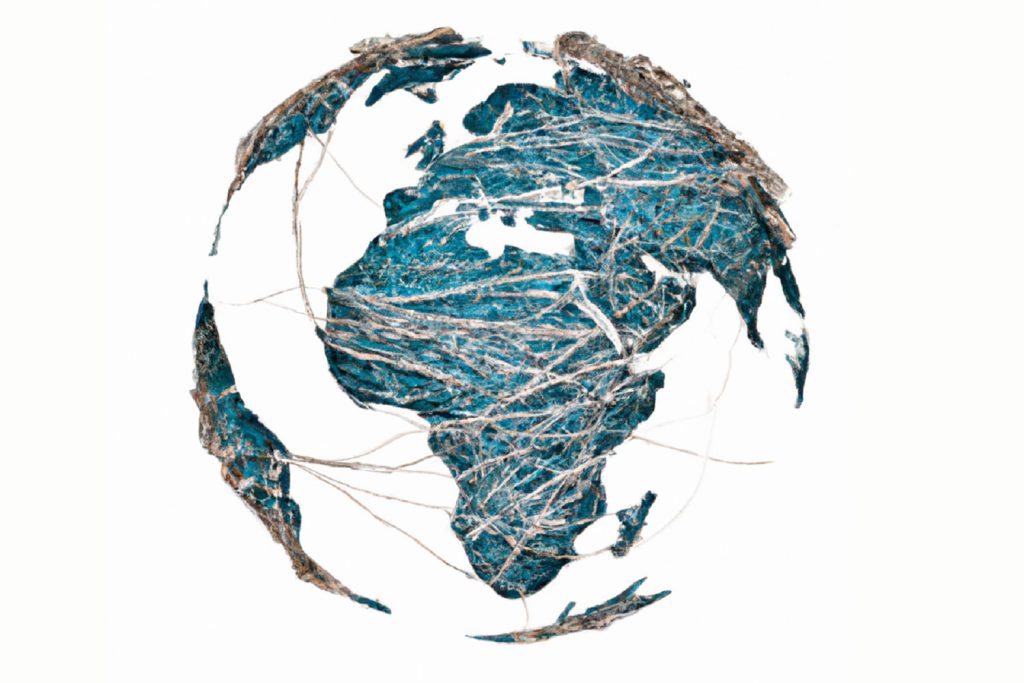Global polycrisis: The causal mechanisms of crisis entanglement
Michael Lawrence, Thomas Homer-Dixon, Scott Janzwood, Johan Rockström, Ortwin Renn, and Jonathan F. Donges
Cascade Institute Technical Paper
Multiple global crises—including the pandemic, climate change, and Russia’s war on Ukraine—have recently linked together in ways that are significant in scope, devastating in effect, but poorly understood. A growing number of scholars and policymakers characterize the situation as a “polycrisis.” Yet this neologism remains poorly defined. We provide the concept with a substantive definition, highlight its value-added in comparison to related concepts, and provide a theoretical framework to explain the causal mechanisms currently entangling many of the world’s crises. In this framework, a global crisis arises when one or more fast-moving trigger events combines with slow-moving stresses to push a global system out of its established equilibrium and into a volatile and harmful state of disequilibrium. We then identify three causal pathways—common stresses, domino effects, and inter-systemic feedbacks—that can connect multiple global systems to produce synchronized crises. Drawing on current examples, we show that the polycrisis concept is a valuable tool for understanding unfolding crises, generating actionable insights, and opening avenues for future research.

Topics
Complexity
Societal Collapse
